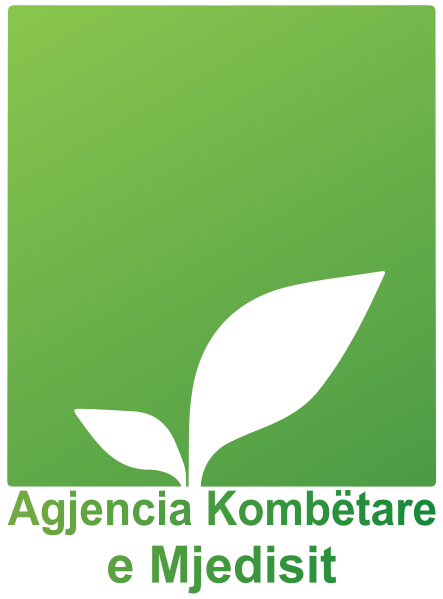Innovations And TDM
- Home
- Innovations And TDM
Innovations And TDM

Combustion of hazardous materials
Albania in its ambition to become part of the European Union, of course, has focused special attention on hazardous waste and the consequences they create on the environment and the health of the population. In recent years, strategies to eliminate the risk of this problematic waste, and then to claim it for recycling, are no longer seen as utopia and impossible. For morePër më shumë –> Combustion of hazardous materials
Riciklimi i plastikës
Plastic is an organic substance that is initially obtained from fuel processing. A plastic bag can usually be used in just 30 minutes, but it will take 500 years to decompose. Plastic is resistant and has noticeable flexibility, therefore plastic has reached application levels in every field. Biodegradation of plastic takes 500 to 1000 years, so it is not recommended to use. For more> Plastic Recycling

Air pollution from vehicles
Air is a very important element for human health and for the environment around us, which is constantly under the influence of pollution. Although air pollution comes from human activities, it can also be affected by natural phenomena. Air pollution occurs when substances are released into the air, in amounts that can harm the health of humans, animals and plants, or can cause material damage. . Some air pollutants may also have global impacts, e.g. increasing the effect of greenhouse gases, or damage to the ozone layer. For more > Air pollution from vehicles

Renewable energies
Renewable energy is energy that is obtained by utilizing natural resources. Renewable energy sources are experiencing a period of great development globally increasing energy production. These sources besides being inexhaustible also have no negative impact on the environment as they do not release gases or polluting wastes that can be absorbed. The main sources of renewable energy are: -Solar thermal energy -Energy with photovoltaic panels -Wind turbines and mini-turbines -Biomass -Geothermal -Hydropower and mini-hydropower plants -Sea and waves So climate change, pollution and energy insecurity are important problems and their solution requires major changes in energy infrastructure. For more > Renewable energy

Water treatment
Water treatment has been one of the most discussed topics today. Albania ranks among the countries that do not have the right technology for water treatment. Some of the processes through which water is treated are: 1. Mechanical cleaning process 2. Dry cleaning process 3. Biological purification process 4. The coagulation process 5. Flocculation Process 6. Decanting process 7. Filtration Process
For more –> Water Treatment
Tire recycling
Tires and their treatment has been a major problem in our country, as the only way to treat them was by burning, a method which left a negative impact on the environment. A good part of western countries use new methods and technologies for their recycling. Recycled rubber can be used for the benefit of products used for: paving sports fields, as a protective layer of roads, for paving the floor of various sports gyms, kindergartens, for paving the floor of stables, use for lowering noise, anti-erosion, for drainage, insulator, etc. Rubber waste can be used as a source of energy in cement, lime factories, as well as in other thermal processes in which the hearth temperature must reach at least 1100 º C. For more> Tire Recycling

Waste recycling
Recycling is the processing of material (waste) into new products in order to prevent the generation of waste from materials that can be reused, reduce the use of new raw materials, reduce energy use, reduce air pollution and water by reducing the demand for the usual way of collecting waste in landfills. Recycling is a key activity of the modern way of reducing the amount of waste and the third activity in the hierarchy “Reduce, Reuse, Recycle more–> Waste Recycling

Paper recycling
Recycling helps reduce the release of carbon dioxide from industrial to individual activity. Contributes significantly to the preservation of the earth’s surface, minimizing and “disappearing” waste areas. The importance lies in drastically reducing the amount of waste and minimizing the risk to health and the environment by reducing the use of natural resources. For more –> Recycling paper

Marine water pollution coming from ships
Albania is a member of the 1982 United Nations Convention on the Law of the Sea and has an obligation to protect and safeguard the marine environment against pollution. Pollution in itself means the introduction by man, directly or indirectly, of substances or energy into the marine environment, which damage the sea and coastal resources, reduce the quality of sea water, endanger human health, impede marine activities and fishing. –> Marine water pollution

Biodegradable waste treatment
Biodegradation is the characteristic that a certain substance or material has to be decomposed or assimilated by microorganisms found in the field naturally, to be restored at another point in the natural cycle. Unlike “waste” produced by nature (leaves, plant skeletons, etc.), waste produced by human activities has a longer biodegradation time and a very severe environmental impact. For more –> Treatment of biodegradable waste
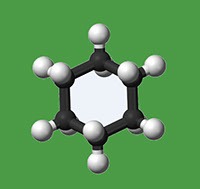
Pollution coming from hydrocarbons
Hydrocarbons belong to the group of organic chemistry, and are compounds composed of two main components carbon and hydrogen. Hydrocarbons are important sources in human nutrition such as the composition of fruits, carrots in the composition of higher vegetable oil, as well as found in the composition of oil, underground gas. For more –> Pollution from hydrocarbons

Green transport
Transport, is a major contributor to gas emissions. The main objective is to reduce air pollution and bring about a sustainable environment. This major pollution leads to the search for Green Transport, which means any practical type of transport or vehicle that is eco-friendly and that has no negative impact on the environment. For more –> Green transport

Recycling of used oils
Used oils are all mineral oils, synthetic or industrial lubricants that have become unsuitable for the use for which they were originally produced. Used oils include internal combustion engine oils and gearbox oils, lubricating oils, turbine oils, transformer oils and hydraulic oils. For more –> Recycling used oils
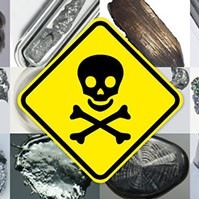
Heavy metal treatment
Heavy metals are present in the environment where we live. More than 75% of chemical elements are metals. They are present on land, in water or even on rocks. Metals that are present in large quantities can be very dangerous. Some of their elements are considered toxic metals. For more–> Heavy metal treatment
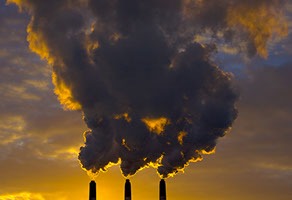
Pollution caused by manufacturing industries
Pollution usually occurs when pollutants infect a natural environment, which brings about negative changes in our normal living. As a result of industrial activities, emissions of chemicals are created, which in themselves bring chemical, physical, biological and radiological changes, water, air, soil, etc. Consequently, the damage caused in this case is very great, to each of these essential elements for human life. So pollution in itself, disturbs our ecosystem and the balance in the environment. For more–> Pollution caused by manufacturing industries
